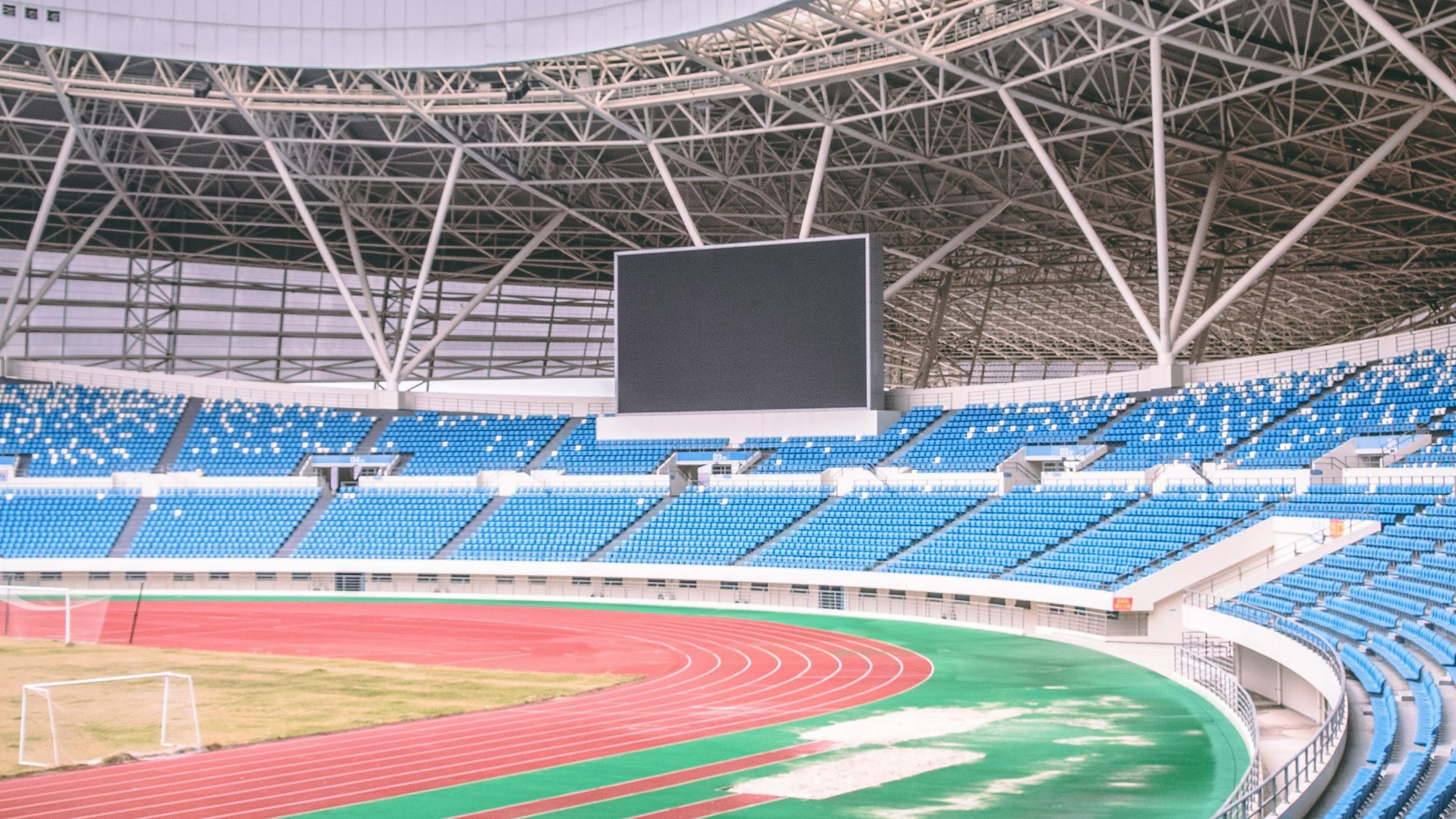My previous blog discussed the advantages a city can gain from hosting an event like the Olympic Games. The Olympics is a major event that attracts athletes, spectators, and media from around the world. While the event benefits the local economy, its aftermath can present several business challenges.

In my opinion, here are some of the key issues they face:
(1) Economic Slowdown
During the Olympics, the influx of tourists and increased spending significantly boost local businesses’ revenue. However, once the event comes to an end, there is a noticeable downturn in economic activity. This sudden decline poses a challenge for businesses that have expanded their operations to cater to the temporary surge in demand.
(2) Infrastructure Maintenance

The hosting of the Olympics often leads to a significant influx of investment in the host city’s infrastructure. This investment primarily focuses on developing state-of-the-art sports venues, expanding and enhancing transportation networks, and creating new public spaces. These large-scale developments are intended to leave a lasting legacy for the city, but these facilities’ ongoing maintenance and repurposing can pose significant financial challenges. As a result, businesses within the city may find themselves subject to increased taxes or fees to cover these expenses, which could impact their overall profitability and financial stability.
(3) Overcapacity and Underutilization

After the Olympics, a significant number of businesses, particularly those in the hospitality and retail sectors, may face the challenge of managing excess inventory and underutilised facilities. The surge in visitors during the games might lead to a subsequent struggle for hotels, restaurants, and shops to maintain the same level of demand once the event has ended and the crowds have dispersed.
(4) Market Saturation
The substantial influx of international brands and franchises during the Olympics can lead to oversaturation in the market. This heightened competition presents significant challenges for local businesses, especially the smaller ones, as they struggle to differentiate themselves and attract customers amidst the pervasive presence of these well-established entities. The disparity in resources and brand recognition further exacerbates the difficulties these local businesses face, making it increasingly arduous for them to maintain their foothold in the market.
(5) Debt and Financial Strain

Hosting the Olympic Games entails substantial costs, with many cities taking on significant debt to cover the expenses involved. This financial burden has far-reaching effects on local businesses, leading to higher taxes and reduced public expenditure on critical services. Consequently, small and medium-sized enterprises (SMEs) may suffer from cuts in support programs, further exacerbating the economic strain experienced at the local level.
(6) Environmental Impact
The Olympic Games have the potential to have a substantial environmental footprint, contributing to higher levels of waste, pollution, and resource usage. This can pressure businesses associated with the games to embrace more sustainable methods and decrease their environmental effects. Nonetheless, incorporating these adjustments may result in added expenses and operational obstacles.
(7) Shifts in Consumer Behaviour

The Olympic Games have a significant impact on consumer behaviour. Both tourists and locals are influenced to adopt new preferences and behaviours. As a result, businesses must proactively adapt to these changes by evolving their product offerings, refining their marketing strategies, and enhancing their customer service approaches. Neglecting to make these adjustments can lead to a decline in the customer base and revenue.
Hosting the Olympics often brings immediate economic advantages and heightened international visibility to the host city. However, once the event concludes, local businesses commonly face numerous challenges. These include the potential decrease in tourism, the need to adapt to changes in demand and management of the post-event economic landscape. By effectively recognising and preparing for these issues, businesses can enhance their ability to manage the post-Olympics period and sustain long-term success.
What are your thoughts on these challenges? Do you think the benefits of hosting the Olympics outweigh the drawbacks?

If you are ready to learn something new, certify what you know, network with professionals globally, or take on a new challenge, consider getting a globally recognised master’s degree. Take a look at our list of online programmes and see if we have anything that aligns with your new career path.
You can also chat LIVE on WhatsApp with one of our Education Advisors for more information on all the programmes we offer, the application process, and the discounts we might offer.
